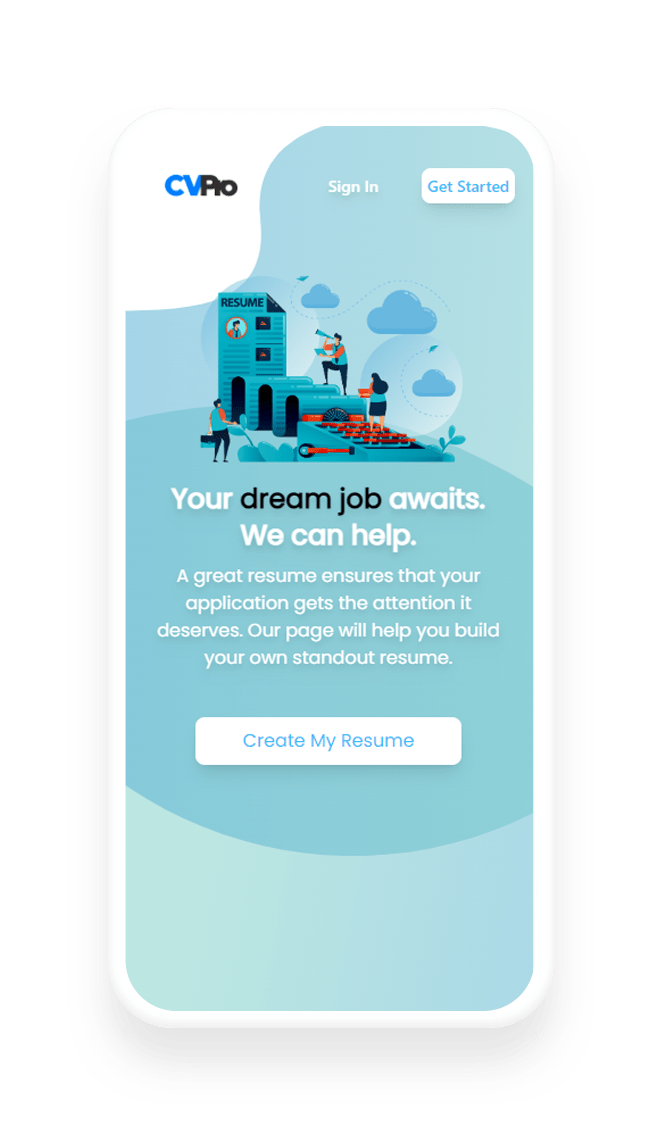In a job interview, the applicant has the chance to express their interest in the position and the hiring manager has the chance to evaluate the applicant’s qualifications, abilities, and fit. Most interviews consist of a conversation with particular questions about the position as well as the firm and its offerings, but others also call for testing or a skills demonstration. For the best-interviewing experience possible, adequate preparation in advance and an appropriate demeanor during the interview are important.









Speaking negatively about past jobs.
It’s possible that some of your past jobs may not have been great experiences. Despite this, stay positive while discussing previous companies and positions. Speaking negatively about them might lead the interviewer to get the impression that you are a difficult person to get along with.
Not asking questions.
The hiring manager can tell that you have done little to no research or don’t care to learn about the position or company if you show up to the interview with no questions. Instead, prepare a few questions to ask during the interview or when you are asked to do so.
Arriving too early.
Avoid showing up for your interview too early. It can irritate the hiring manager, who might not be prepared for your arrival. Instead, wait until around 10 minutes before your interview before entering the building. That way, the staff won’t feel pressured, and you’ll have enough time to arrive at the interview location.
Knowing nothing about the job or company.
During an interview, it is advised that you ask certain questions about the company or the position. However, to demonstrate your ability to use your resources and be self-directed, you should do some studying before coming. Instead of coming into the interview with no knowledge, learn what you can about the company, position, and hiring manager.
Lying on your resume.
Although it may be tempting, it is unethical to exaggerate some of the bullet points on your resume. Instead, spend time creating a list of your former work experience, skills, and qualifications in the form of clear, accurate, and eye-catching bullet points.
Talking too much.
Avoid dominating the conversation by speaking most of the time. The ideal interview should involve an open conversation between the hiring manager and the applicant. Instead of continuously talking to fill any silence, ask the hiring manager or look to them to lead the conversation.
Providing unresearched answers.
During your interview, you could be tempted to invent a response to a question you do not understand. Instead of providing an inaccurate answer, prepare for possible interview questions ahead of time by researching typical interview questions for your field and position.
Forgetting your resume.
Many hiring managers ask for additional copies of your resume to share with colleagues during or after your interview. Make sure to bring extra copies with you in case they ask for it. This shows you’re organized and think ahead.
Discussing personal topics.
It’s fine to briefly discuss your family or hobbies if the hiring manager asks. But it is inappropriate to talk about your personal problems or prescription medications. Likewise, refrain from asking about personal topics during your job interview.

